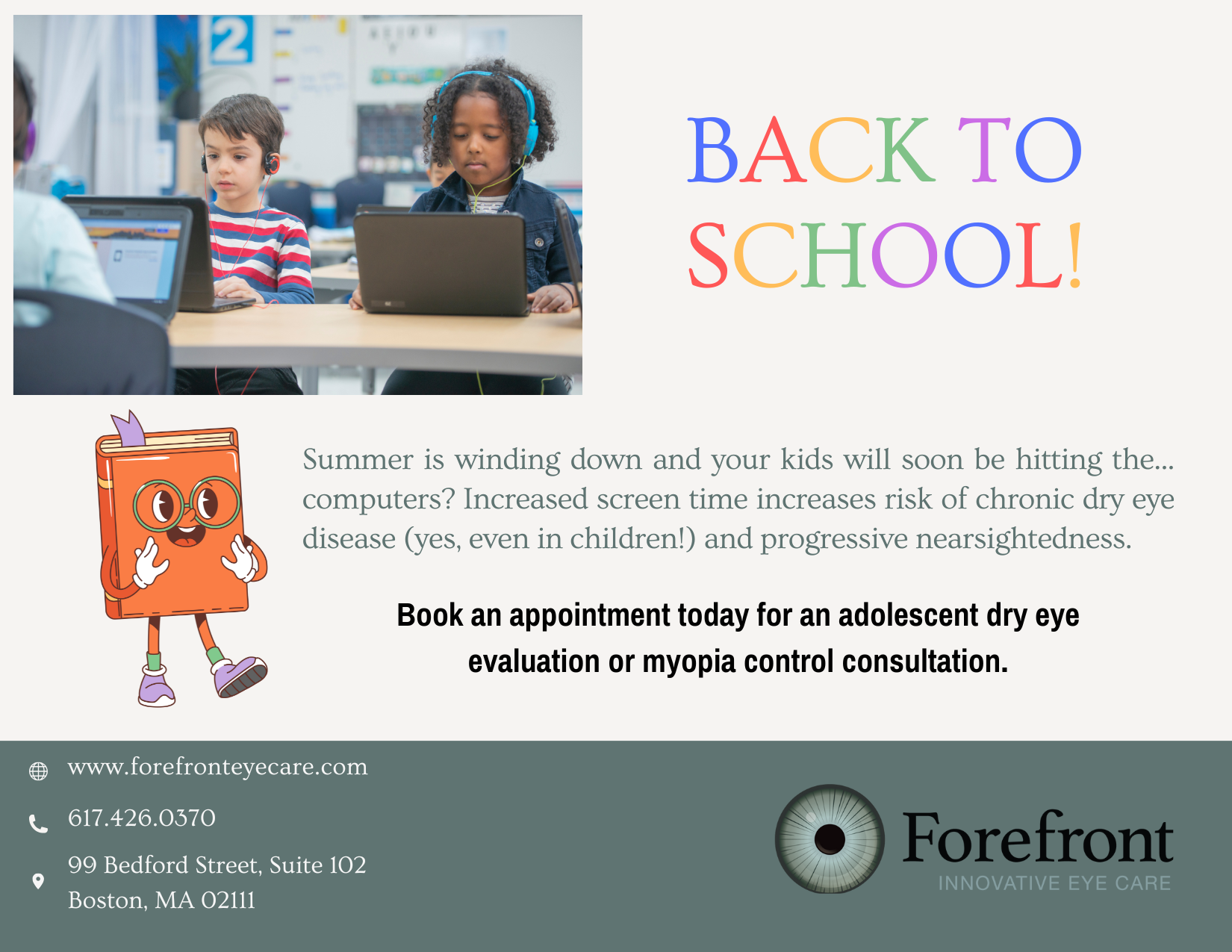Our practice has a long history of caring for patients with multiple and complex eye problems and refractive errors. A comprehensive eye examination, also known as an eye checkup or eye exam, is a thorough evaluation of your eye health and visual function conducted by an eye care professional. The purpose of a comprehensive eye exam is to assess and monitor your overall eye health, identify vision problems, and detect any potential eye diseases or disorders. Here are some of the key components typically included in a comprehensive eye examination:
Here are some of the key components you can expect from your eye exam with our doctors:
Case History: A detailed history of your ocular health, any existing medical conditions, family history of eye diseases, and any current medications you may be taking.
Visual Acuity Test: This test involves reading letters or symbols on an eye chart to determine the clarity of your vision. Visual acuity is a functional test that enables us to understand how the quality of your vision relates to your ocular health and visual perception.
Refraction: This test helps determine the appropriate prescription for corrective lenses, such as eyeglasses or contact lenses if needed.
Eye Muscle Movement Test: Evaluates how well your eye muscles are working together and can identify conditions like nerve issues, orbital masses, thyroid eye disease, and eye teaming issues such as strabismus. We are one of the few practices in the Boston area with Neurolens, which allows precise measurements of how your eyes work together.
Visual Field Test: This measures your peripheral vision and can help detect conditions like glaucoma or neurological issues.
Intraocular Pressure Measurement: Elevated intraocular pressure is often asymptomatic and may be a sign of glaucoma.
Retinal Examination: A thorough examination of the back of your eye, including the retina, blood vessels, and the optic nerve is conducted. Forefront has invested in multiple imaging technologies including Fundus cameras and Optical Coherance Tomography to provide highly detailed observations. Plan to be dilated for your routine examinations.
Slit-Lamp Examination: A slit-lamp microscope is used to examine the structures of the front of the eye, including the eyelids, conjunctiva, cornea, iris, and lens.
Color Vision Testing: This assesses your ability to perceive and differentiate colors accurately.










